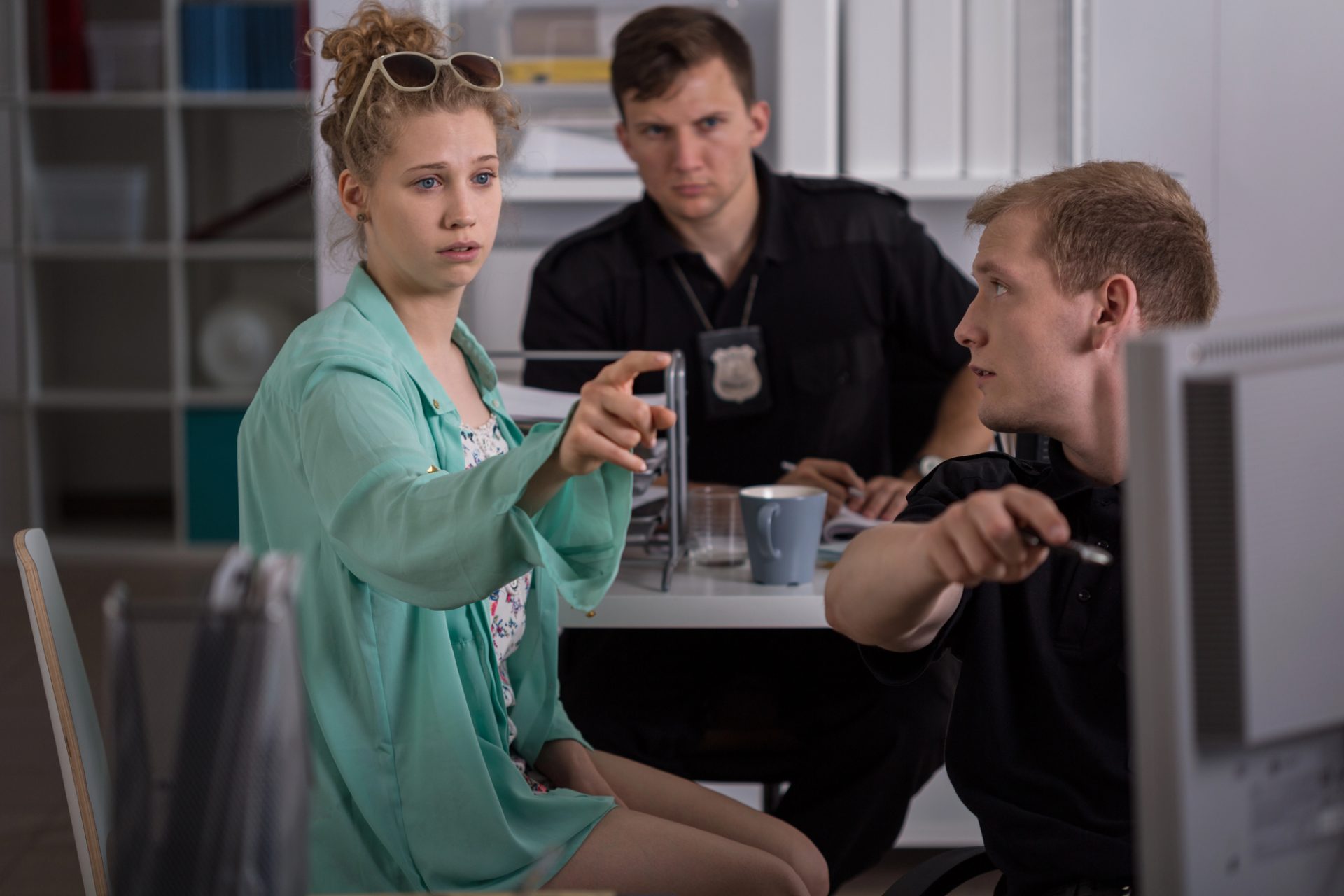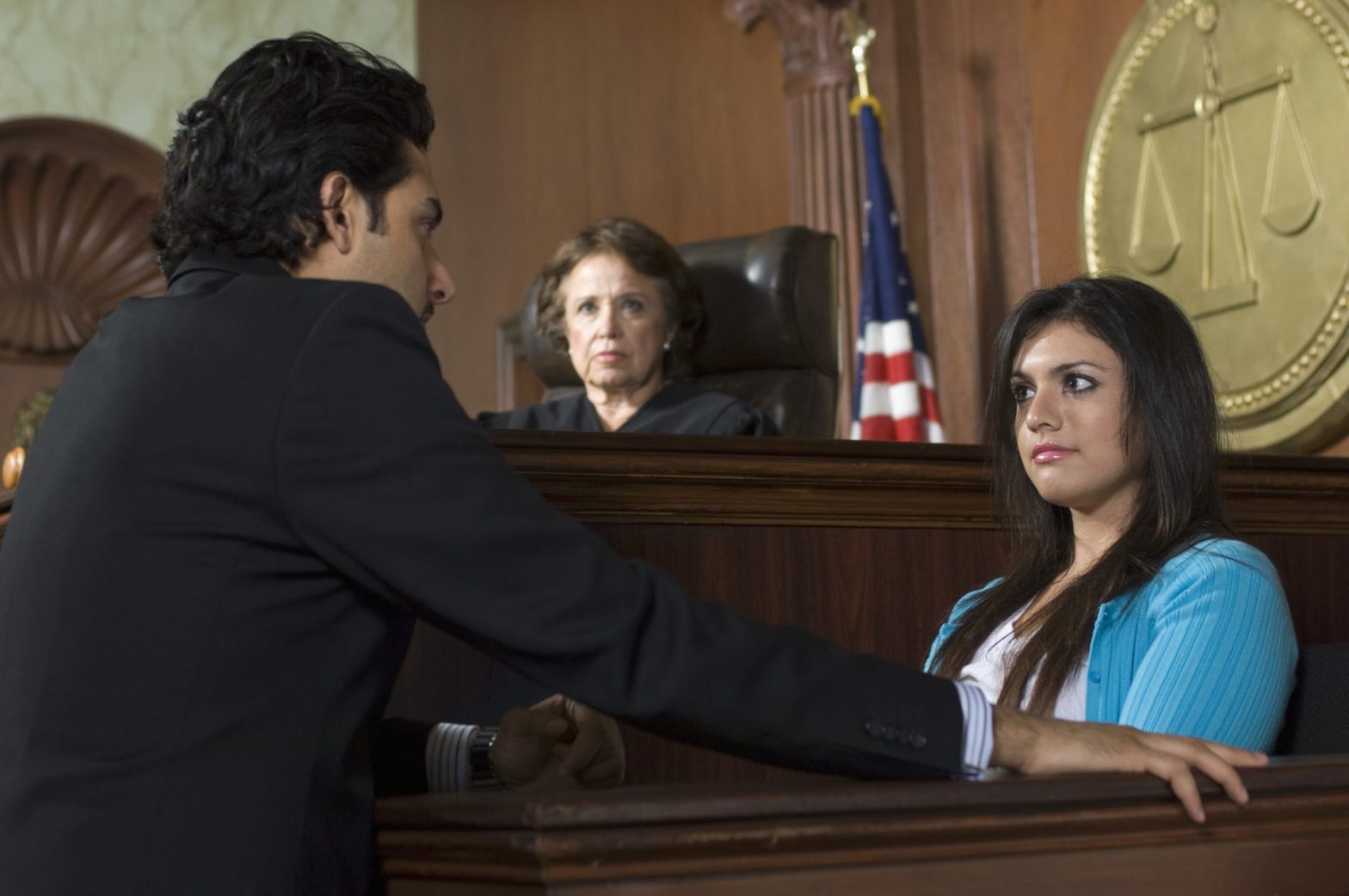Most personal injury cases, whether they end up in court or not, benefit from witness testimony. This is because establishing exactly what happened after an accident can be challenging, especially when the parties involved provide statements that contradict each other. While physical evidence helps to some degree, many cases often hinge on what different types of witnesses have to say.
So, what is the role of a witness in a personal injury case, why is witness testimony important, and how can one overcome common challenges?
Types of Witnesses
Legally speaking, not all witnesses are the same. While some see an accident take place firsthand, others provide testimonies as experts from different fields. In some instances, there might be a need for character witnesses as well.
Eyewitnesses
Eyewitnesses or lay witnesses are people who are present at the scene of an accident. They provide their version of what they saw, heard, or experienced. At times, they may provide details that police reports omit. Eyewitnesses typically testify about:
- The time, date, and location of the accident.
- Weather conditions at the time of the accident.
- The actions/behavior of the parties involved.
- Their observations before, during, and immediately after the accident.
- What they did in response to the accident.
Some examples of eyewitnesses include:
- A pedestrian who sees a vehicle run a red light and crash with another.
- A shopper who witnesses someone trip and fall on a poorly maintained floor.
- A colleague who observes a dangerous condition at a workplace before an injury occurs.
- A bystander who appears at the scene immediately after an incident.
Expert Witnesses
Expert witnesses are people with specialized knowledge, skills, education, or experience in a particular field relevant to a personal injury case. Their role is to provide objective opinions and analysis based on their expertise, and they help insurance companies or courts understand complicated medical, technical, or scientific issues. It is common for personal injury attorneys to hire expert witnesses to bolster their clients’ cases.
Here are some common examples of expert witnesses.
- Medical professionals.
- Life-care planners.
- Accident reconstruction experts.
- Vocational rehabilitation specialists.
- Economic experts.
- Manufacturing experts.
You may check this post on the role of expert witnesses to learn more about how they can help strengthen your personal injury case.
Character Witnesses
While not commonly called in personal injury cases, character witnesses might have a role to play in specific instances, especially if there are allegations of intentional wrongdoing or if there are questions surrounding someone’s character. They can also provide valuable insight into a victim’s non-economic damages, like emotional distress and loss of enjoyment of life, and the effect they have on the victim’s day-to-day functioning.
Character witnesses can include family members, friends, and colleagues.
What Is the Importance of a Witness?
The answer to “How important is witness testimony in personal injury cases?” is that it can make or break a case. This is because a significant amount of time that personal injury cases take goes toward listening to and examining witness testimonies. Not surprisingly, these testimonies can help in different ways.
Corroboration and Credibility
Most personal injury claims involve a dispute over the facts between the parties involved. As a result, an insurance company or a court might view your account as biased because you are the claimant. This is where neutral third-party witnesses become invaluable.
Witness testimonies can corroborate your version of events, thereby adding a layer of objective credibility to your claim. When an independent person observes an accident and can attest to the details, it significantly strengthens your position and makes it harder for the opposing party to dispute the facts.
Filling in Possible Gaps
Accidents happen fast, and in the aftermath, adrenaline and shock can make it difficult for you to recall every single detail. On the other hand, witnesses who are not directly involved in the accident might notice something you miss. They might remember the sequence of events more clearly, recall specific statements made by the at-fault party, or have a better perspective on critical elements like speed, distance, and environmental conditions.
This additional information can be crucial for building a clear picture of what happened at the scene of an accident and establishing liability.
Expert Opinion
Based on their expertise, expert witnesses can provide professional opinions on issues that directly impact a case, such as causation, the severity of injuries, future medical needs, and long-term financial implications.
Gathering Witness Testimony
If you are in a position to, you should get witness information soon after an accident. These include the names of people who witnessed the accident as well as their phone numbers and addresses. Getting recorded or written statements from them immediately after an accident increases the likelihood of accuracy. If need be, you may use the services of a personal injury attorney to identify witnesses and interview them without wasting any time.

Can You Force a Witness to Testify?
While some witnesses are forthcoming when it comes to providing testimonies in court, others might not be as inclined. Fortunately, it is possible to get a witness to testify by serving a subpoena. This can be useful if witnesses are unwilling to testify in cases where they are a defendant’s relative or friend, or employees of a business that you are suing. Failure to comply with a subpoena can lead to legal consequences.
However, there are a few exceptions that can prevent a witness from complying with a subpoena. This is possible if a subpoena imposes an undue burden on a witness, seeks irrelevant information, or does not provide adequate time to comply.
Selecting and Preparing Witnesses for Personal Injury Cases
Selecting eyewitnesses is fairly simple because they include people who were present at the scene of an accident. When it comes to expert witnesses, it is best to leave this to your personal injury attorney, who will select the ones based on the specifics of your case. For example, while a medical expert might highlight the severity of your injuries, an economic expert can shed light on the financial aspects of your case.
When it comes to selecting eyewitnesses, if you have the option, you should try to choose ones who can communicate calmly and clearly. This is because nervous, aggressive, and very emotional witnesses can draw attention away from their testimonies.
The Cross-Examination
Cross examination refers to the process where the opposing party gets to question the witnesses you present. This aspect can get tricky at times, especially if you don’t know what the other party has in mind. On your part, you may count on your attorney to prepare your witnesses as best as possible by providing an extensive list of potential questions they might need to answer.
Oftentimes, the best way to go is by providing simple yes and no answers. If there’s a need to elaborate, witnesses should ideally stick to the point and offer no more than required information.
Potential Challenges
Whether you rely on eyewitness or character testimony, both can be subject to scrutiny because of different aspects. As a result, it’s best to account for potential challenges in advance.
- Memory distortion. Different factors like the passing of time, stress, and external influences can have an effect on memory. In some cases, witnesses might not be able to recall the details of an accident accurately because of these reasons.
- Incorrect perception. It is possible that a witness might not perceive an accident and its effect correctly owing to reasons like inadequate lighting, distance, brief exposure time, and stress.
- Suggestibility. There have been instances when witnesses have been susceptible to suggestions made by attorneys, law enforcement officers, and others, leading them to unintentionally change their statements.
- Bias. A defendant’s legal team might argue bias on the part of a character witness because he/she knows the victim personally.
On their part, personal injury attorneys do their best to find witnesses who can recall the details of an accident accurately, offer unbiased perspectives, and don’t have histories that can discredit their statements.
Conclusion
Now that you know the role of witness testimony in personal injury claims, make sure your case does not suffer because you fail to present it in the right way. Ideally, you should partner with an experienced personal injury attorney who can help you find all the eyewitnesses to your accident and decide which types of expert witnesses to use. Then, either at the negotiation table or in court, you know there’s an increased likelihood of a successful outcome.

